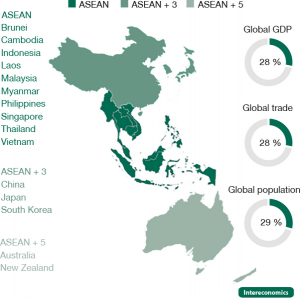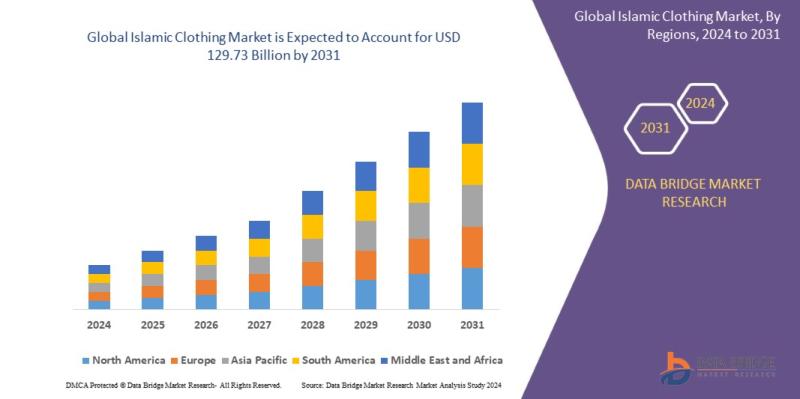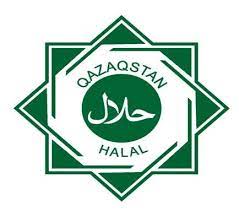The Halal industry is a rapidly expanding
business now reaching 1.8 billion consumers worldwide and worth an
estimated US $2.1 trillion. Sarah Campbell takes a look at what this
rapid growth could mean for food suppliers in the Middle East and how
the region’s chefs can adapt to Halal food prep requirements.
Within the Middle East, the Halal industry is estimated to be worth more than US $20 billion, according to industry reports.
In the UAE, 80% of imported food is Halal, with products coming from
countries such as Brazil and Australia, the latter exporting 43,071
tonnes of mutton, 17,685 tonnes of lamb and 3312 tonnes of beef to the
Middle East in 2006 alone.
Prior to working in the Middle East, I was the executive chef of The Savoy in London.
In 2007, the Emirates accounted for 7.77% of the world’s lamb and beef
imports and 15.38% of all poultry imports, second only to Saudi Arabia.
Amid
the growing demand for Halal food products in the region, Dubai has
emerged as one of the first to leverage the booming prospects within
the market after establishing a highly successful food processing
industry, which boasts revenues of more than US $3 billion per year.
The
emirate is expected to play an important role in the future of the
Halal industry, with plans by leading locally-based Halal companies to
develop a credible and professional certification body to monitor and
uphold high quality standards according to global industry requirements.
Furthermore,
the emirate’s food processing sector is expected to grow by 11%
annually, owing to its growth as the world’s third largest re-exporter,
with 72% of its exports being shipped to Asia, Africa and the Gulf
countries.
Supplier considerations
New
suppliers continue to break into the Middle East market at an
incredible rate, yet for meat suppliers from abroad, meeting Halal
requirements and receiving certification can be a long and drawn out
process.
The Alberta Livestock Industry Development Fund (ALIDF)
is a collection of Canadian livestock farmers that are now starting to
tap into the Middle East market with a selection of premium meat
products.
ALIDF is a not-for-profit company that was founded on
the collaborative ideals of the livestock industry and the support of
the Alberta government in Canada.
“Our company, Prairie Halal
Foods, is a private, Canadian-owned company. The company is a joint
venture between various established and reputable Canadian companies,”
says general manager, Wahid Kandil.
“We mostly focus on high
quality meat products that are produced by the partners of the company
and our approach is to take our products directly from the farm to the
end user, cutting out the middle man.
“This approach assures our customers of the quality, integrity and consistency of our products,” he adds.
Prairie
Halal Foods provides a basket of high quality food products such as
traditional Angus beef, bison meat, elk meat and poultry items.
The
current company partners include Prairie Heritage Beef Producers (a
group of natural Angus beef ranchers), Canadian Rangeland Beef and
Bison (elk and bison company), The Meat Grinder (Halal meat marketing
and distribution company), and Canadian Premium Meats (Halal-certified
slaughter plant).
For Kandil, being a Muslim has helped in
setting up the UAE office and bringing the company’s operations in line
with Halal requirements.
“Fortunately, I am a Muslim myself, so
I understand the Halal market and I have a solid understanding of the
Middle East market. However, all my partners have no prior experience
in the Middle East or the Halal market.
“This is the reason we
have been travelling to the Middle East as a group of companies and
have spent the past two years thoroughly investigating the Middle East
and North Africa market,” he explains.
“It takes a lot of effort
and commitment for Western companies to grasp the concept of Halal and
the values and rationales behind it. Our group has really put a lot of
effort into understanding the Halal concept and we have developed an
internal Halal protocol manual.
“In addition, all our partner companies are certified by the Islamic Society of North America.”
According to Kandil, despite being a Muslim country, knowledge on Halal processes and the market is still limited in the UAE.
“The
most challenging issue has been the availability of detailed market
information. It is always great to visit the market and talk directly
to end users but the availability of information on the market and its
dynamics would speed up the process quite a bit,” he admits.
Kitchen requirements
New developments in the Halal industry all mean good news for chefs working in the region.
Many
chefs come to the Middle East with a basic understanding of what Halal
cooking requires, and pick up the rest from more experienced team
members.
“As
the city receives many visitors from the Middle East, the hotel catered
to the dietary needs of these guests and was equipped and stocked to
cater for Halal meals,” explains Holger Jackisch, executive chef, Sharq
Village & Spa, operated by The Ritz-Carlton Hotel Company.
“During
my tenure there, I worked closely with our resident Muslim chef to
understand the requirements of Halal food procurement and preparation.
“The only adaptation that I had to make in my cooking style was to
avoid ingredients that were not Halal. The cooking methods and
processes remain the same,” he adds.
“Having been in the Middle
East since 1975, I have been exposed to Halal-compliant foods and
methods for a good number of years,” says Peter Drescher, director of
culinary – Middle East, Mövenpick Hotels and Resorts.
“The
knowledge I have gained during this time has been invaluable and it is
something that I pass on to new chefs coming into the region.”
According
to both Drescher and Jackisch, sourcing Halal produce does not
represent any real challenges for chefs in the region, although for
some luxury food items the Halal certification can be a bit blurred.
“In
the mid 1970s there were fewer international hotels in the region and
thus fewer suppliers around, but in general the sourcing of Halal
products has never been a real issue.
“All hotels and
restaurants in the region purchase meat that has been slaughtered
according to traditional guidelines and our culinary and service teams
are aware that the consumption of pork can never be Halal.
“Whenever
we do use pork, our chefs ensure that it is stored and prepared away
from all other products and pork products that are on the buffets or
menus have to be clearly identified.
“Chefs are also mindful that food items are not mixed with alcohol at any time during preparation,” says Drescher.
“Being
based in the Middle East now, sourcing for Halal products has not posed
an issue as there is an established network of suppliers and, given
sufficient ordering lead time, almost anything I require is available,”
agrees Jackisch.
“Luxury or more unusual meat items need to be Halal certified. However, items like truffles are Halal,” he clarifies.
Flying high
Even airline chefs are taking to producing Halal cuisine.
Carriers
such as Emirates have always provided a completely Halal menu, but now
other airlines, such as Thai Airways, are embracing Halal requirements.
Responding
to growing demand from thousands of Muslim travellers, Thai Airways
International signed a memorandum of understanding (MoU) in February
with the Islamic Committee of Samut Prakarn Province to receive
permission to use the Halal logo by the Central Islamic Committee of
Thailand.
This means that Thai Airways International’s Halal
kitchen is now fully certified to ensure conformity with the
permissible dietary requirements under Islamic law.
Thai Airways
flies daily to several cities in countries with large Islamic
populations, such as the UAE, Pakistan, Malaysia, Indonesia, Oman,
Bangladesh, Brunei, Darussalam and numerous destinations in India.
In
addition to the demand from Muslim passengers, the airline also
provides meals for 10 customer airlines, which are national carriers of
Islamic-majority countries.
The airline estimates total demand is for an estimated 5000 Halal meals per day, with more growth projected in the future.
As
the Middle East’s population continues to swell, and with more
travellers visiting the region, the Halal market looks set to continue
to enjoy exponential growth.



